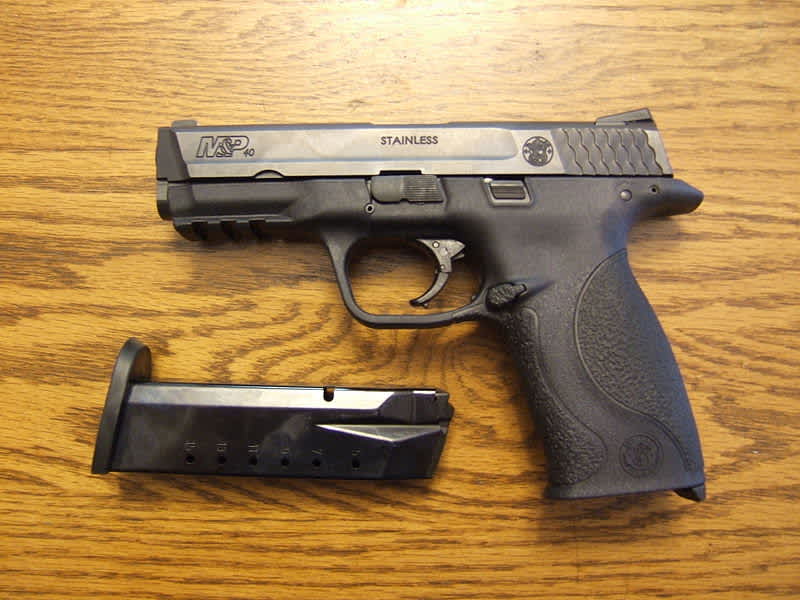California’s Microstamping Law Alienates Gun Makers
OutdoorHub Reporters 01.28.14

When California pioneered legislation seven years ago that required manufacturers to use “microstamping” technology in newly-made firearms, gun rights advocates widely criticized it as unfeasible, ineffective, and unreliable. At the time, it did seem that the law had to wait for technology to catch up, and the implementation of the Crime Gun Identification Act was put on hold. Last May, California Attorney General Kamala Harris drew the law out of dormancy when she announced both the resolution of lingering patent issues and the availability of the technology.
At the start of this year, both Smith & Wesson and Ruger stated that they will be not be modifying their production lines to comply with California’s microstamping requirement.
“Smith & Wesson does not and will not include microstamping in its firearms,” a statement from the company read. “A number of studies have indicated that microstamping is unreliable, serves no safety purpose, is cost prohibitive and, most importantly, is not proven to aid in preventing or solving crimes.”
Smith & Wesson concluded that because the company will not be adopting microstamping in their designs, California residents can expect to see fewer additions to the Smith & Wesson line in their state.
The Crime Gun Identification Act requires all new semiautomatic handguns be manufactured or equipped with microstamping technology. Also known as ballistic imprinting, microstamping works by imprinting a serial number onto cartridges when they are being fired, usually by an engraving on the firing pin. Supporters of the law say that these stamped cartridges will make it easier for police to trace evidence and identify shooters.
Opponents say that aside from microstamping technology being unproven and cost-prohibitive for manufacturers, the law also acts as a de facto ban against newly-manufactured semiautomatic pistols.
“It’s just not feasible for manufacturers to build micro-stamping into their manufacturing process,” attorney Chuck Michel told the San Francisco Chronicle. “As a result, the guns they’re improving are falling off the roster.”
Michel is the West Coast counsel for the National Rifle Association, and he explained that the law will eventually result in less new firearms for the state. This is because any new pistol without microstamping technology will be excluded from the California Roster of Handguns Certified for Sale. The roughly 1,200 firearms already on the roster will not be affected by the law, but any new semiautomatic handgun will have to meet the new requirements.
“California asserts that anything other than a cosmetic change to a handgun already on the California Roster of Handguns Certified for Sale, including performance enhancements and other improvements, requires it to be removed from the roster and retested,” Smith & Wesson stated. “For semi-automatic pistols, this means it must comply with the microstamping requirements, as well.”
Supporters of the law say that it is up to the manufacturers to decide if they want to continue doing business in California.
“Millions of guns are sold in California every year. If Smith & Wesson doesn’t want that money, another company will gladly take it,” Cody Jacobs, an attorney at the Law Center to Prevent Gun Violence, told the Chronicle.
Gun makers say it is more than just money, it is about constitutional rights.
“Until microstamping is repealed, we expect that Ruger pistols—some of the safest available—will continue to be forced off the Roster,” Ruger told Breitbart.
Fox News reported that two trade groups, the National Shooting Sports Foundation and the Sporting Arms and Ammunition Manufacturers Institute, have already filed a suit against the law earlier this month. However, California may not be the only state with a microstamping law for much longer. Lawmakers in New York, Massachusetts, and Connecticut are also considering similar legislation.

